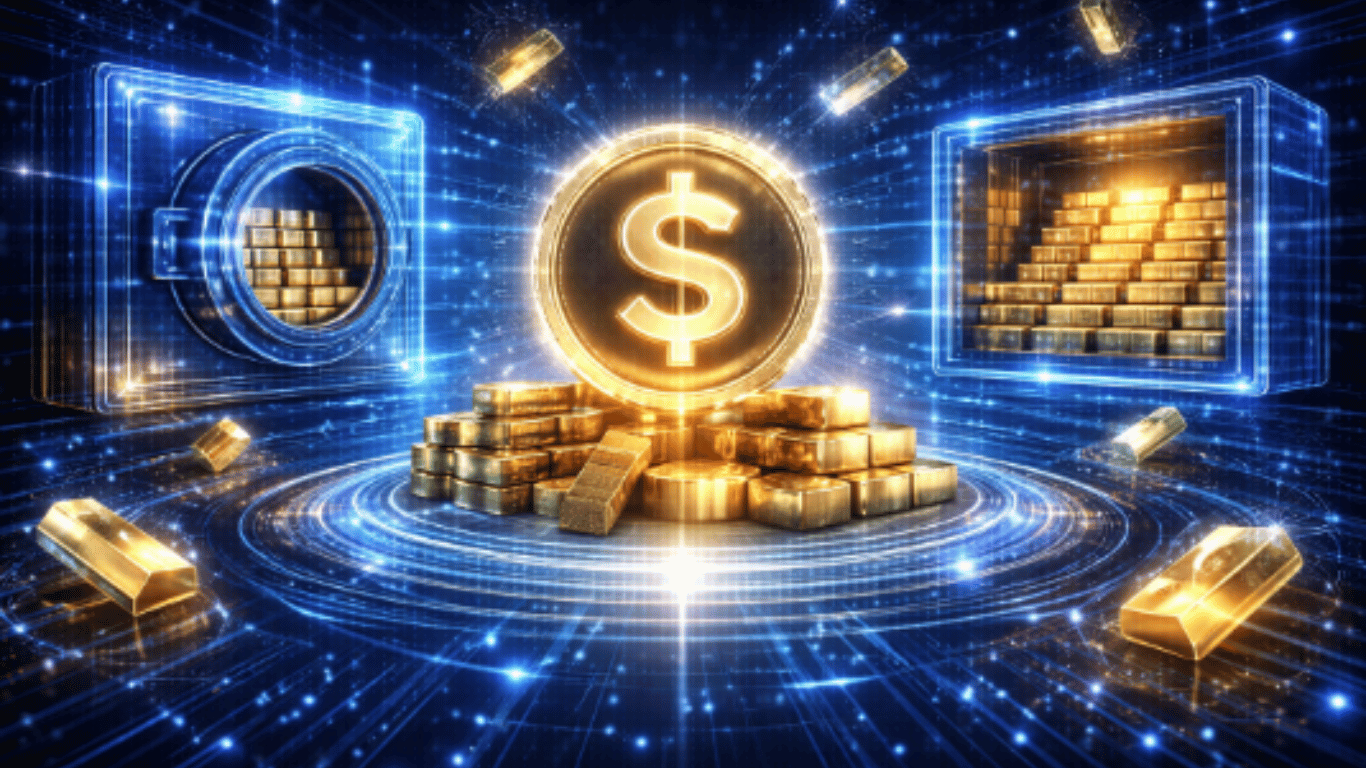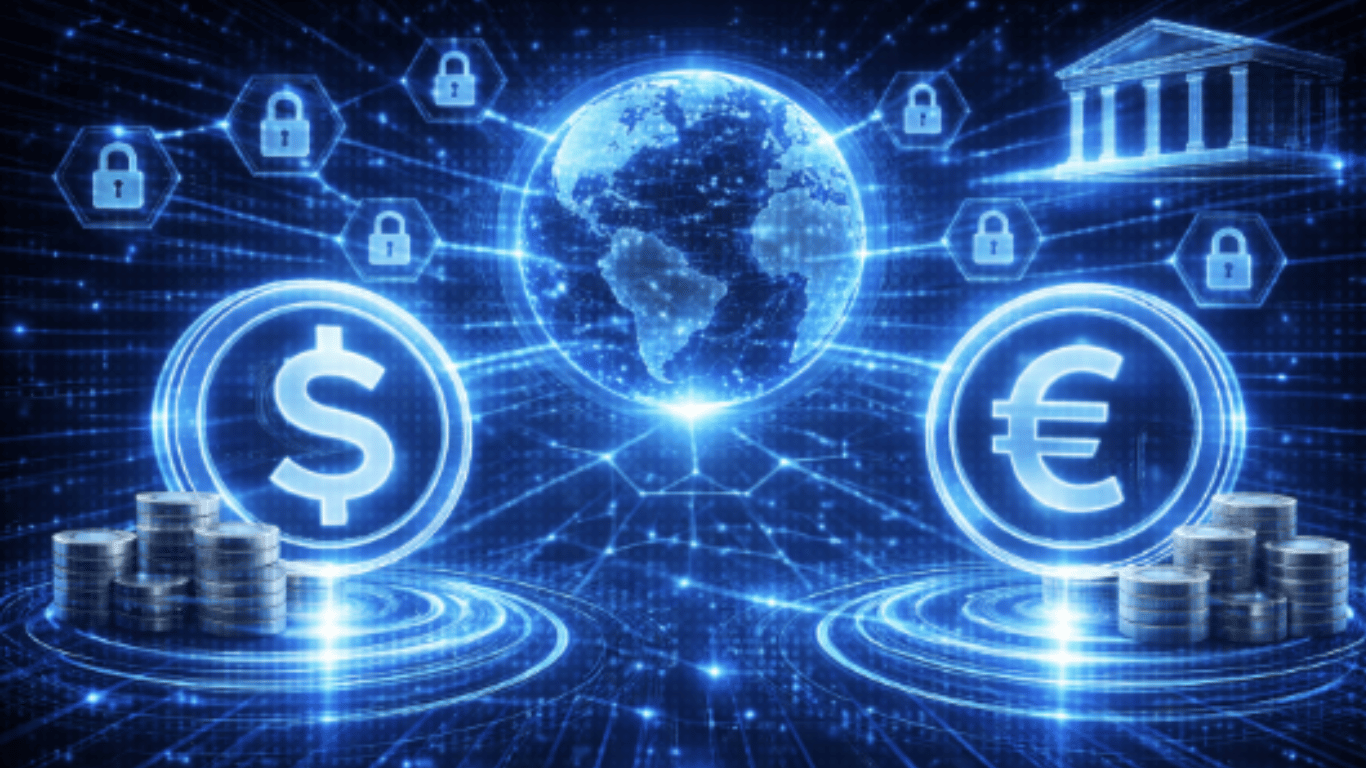Discover top fintech news and events!
Subscribe to FinTech Weekly's newsletter
Read by executives at JP Morgan, Coinbase, Blackrock, Klarna and more
Trump Attends Private Dinner for Top $TRUMP Memecoin Investors
The May 22 event brought together wealthy crypto holders, industry figures, and renewed scrutiny.
On Thursday, May 22, President Donald Trump held a private dinner for top holders of the $TRUMP memecoin at his golf club in Sterling, Virginia. The event, which was not open to the press, invited more than 200 investors who had accumulated significant stakes in the token—some reportedly in the multi-million-dollar range.
The gathering marked one of the most direct intersections to date between presidential influence and digital asset promotion. While the dinner was framed as a private event, its timing and guest list reignited debate about the president’s active involvement in cryptocurrency ventures, particularly those tied to speculative digital tokens.
A Politically Charged Evening
The dinner was not labeled as an official campaign fundraiser, but it drew criticism due to the financial links between attendees and a crypto asset that has benefited Trump and his affiliates. Chainalysis and other industry analysts have estimated that the $TRUMP coin has generated hundreds of millions in profits for its backers since its launch earlier this year.
The token itself does not offer utility beyond trading and speculation, following a pattern seen in several high-profile memecoins. Price activity has been volatile, with a significant decline following its initial launch spike.
Outside the venue, protests gathered in opposition to what some critics described as a blurring of personal financial interests and public office. Demonstrators held signs referencing crypto regulation, financial transparency, and the ethics of presidential involvement in digital asset markets.
Industry Presence and Signals
Although no official attendee list was released, social media posts from the evening revealed the presence of figures linked to NFT platforms and blockchain-based gaming companies. Some participants used the occasion to promote their own tokens or projects, leveraging visibility from the event.
As reported by Zeke Faux (Bloomberg), guests were served a formal dinner, and some received Trump-branded items as part of the evening. The president delivered brief remarks, including references to his administration’s crypto-related actions, such as dropping federal lawsuits and signing executive orders viewed as favorable to the digital asset industry.
While there were mixed reactions from those in attendance—some reportedly expressing disappointment at the lack of direct engagement with the president—the event underscored the ongoing fusion of political capital and crypto-driven marketing.
Broader Implications
The dinner comes as digital assets remain under regulatory consideration in the United States. Lawmakers continue to debate legislation that would define oversight for stablecoins and token offerings, even as enforcement actions remain active across parts of the industry.
Trump’s involvement with cryptocurrency, both through public statements and business ties, has played a role in shaping sentiment around the sector. For some supporters, his positioning is seen as a signal of long-term support for deregulation and market freedom. For critics, it raises questions about accountability, investor protection, and conflicts of interest.
As attention around political influence in crypto intensifies, events like this serve as reminders of how intertwined financial speculation and public perception have become in the current digital asset cycle.












